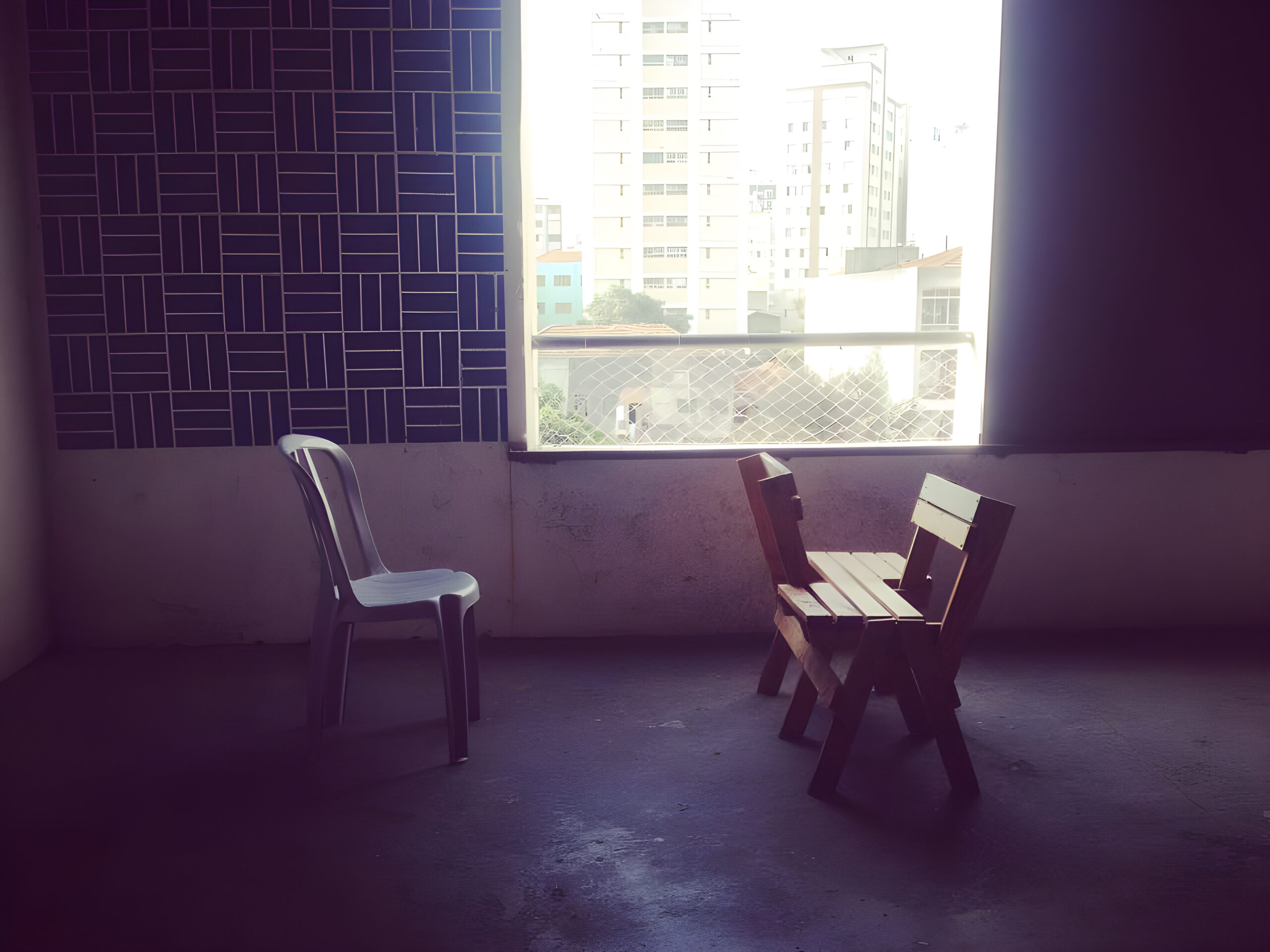At FREEPSY, we are building a Free Clinics Network (FCN), made up of autonomous clinical collectives worldwide offering free or low-cost psychoanalysis and psychoanalytically-informed psychotherapy to marginal individuals and populations, while also rethinking the socio-political dimension of mental health.
The FCN aims to map free or low-cost psychoanalytic collectives and promote shared practices among clinicians to widen access to psychoanalytic treatment. We envision the FCN network as a co-built space where collectives, institutions, and clinics can collaborate. This space will foster listening, learning, and practice exchange, recognising patients and analysts as co-creators of a context of care.
If you are involved in a free psychoanalytic clinic, we’d love to hear from you!
Continue reading “Free Clinics Network, call for “Video Letters””

